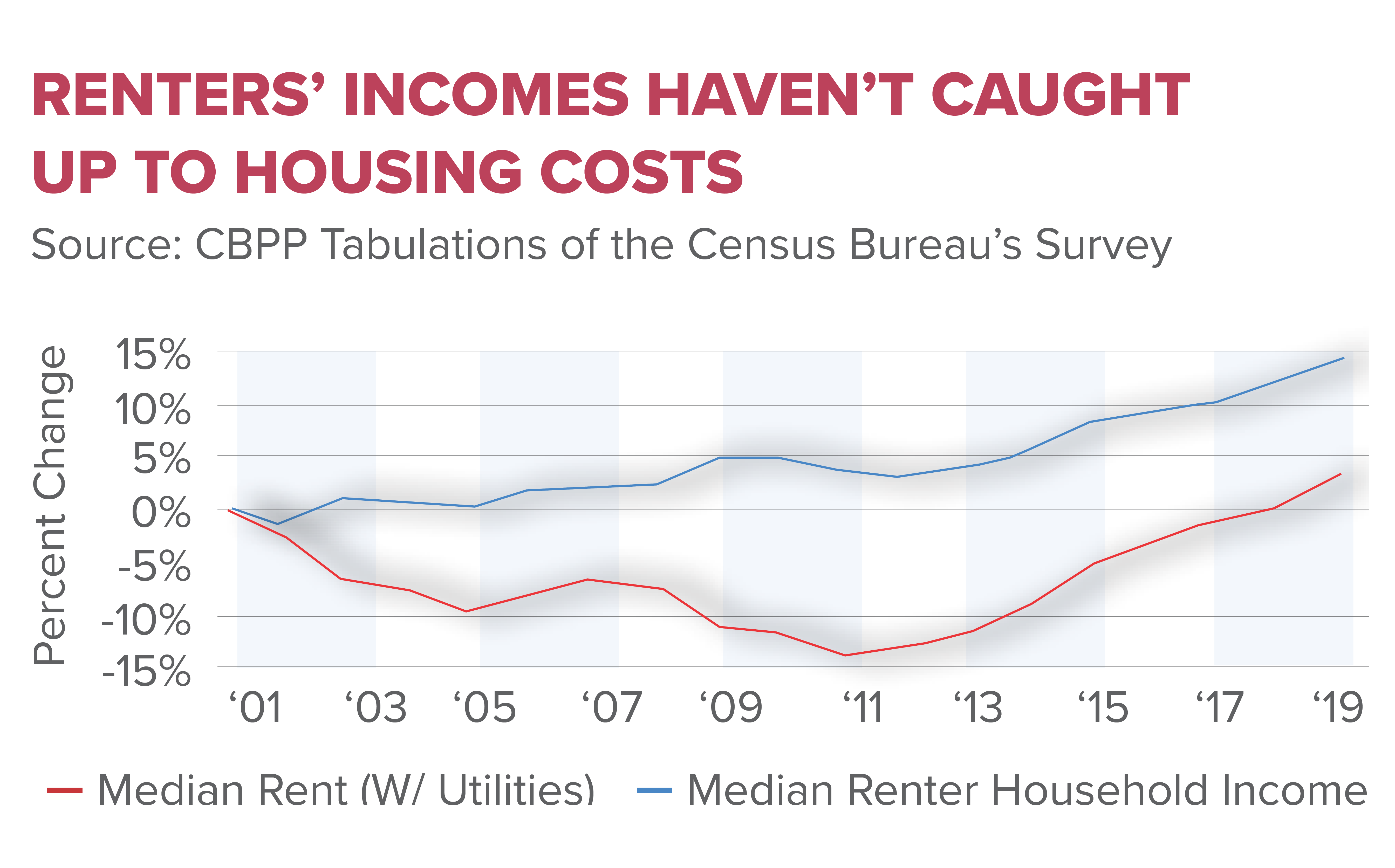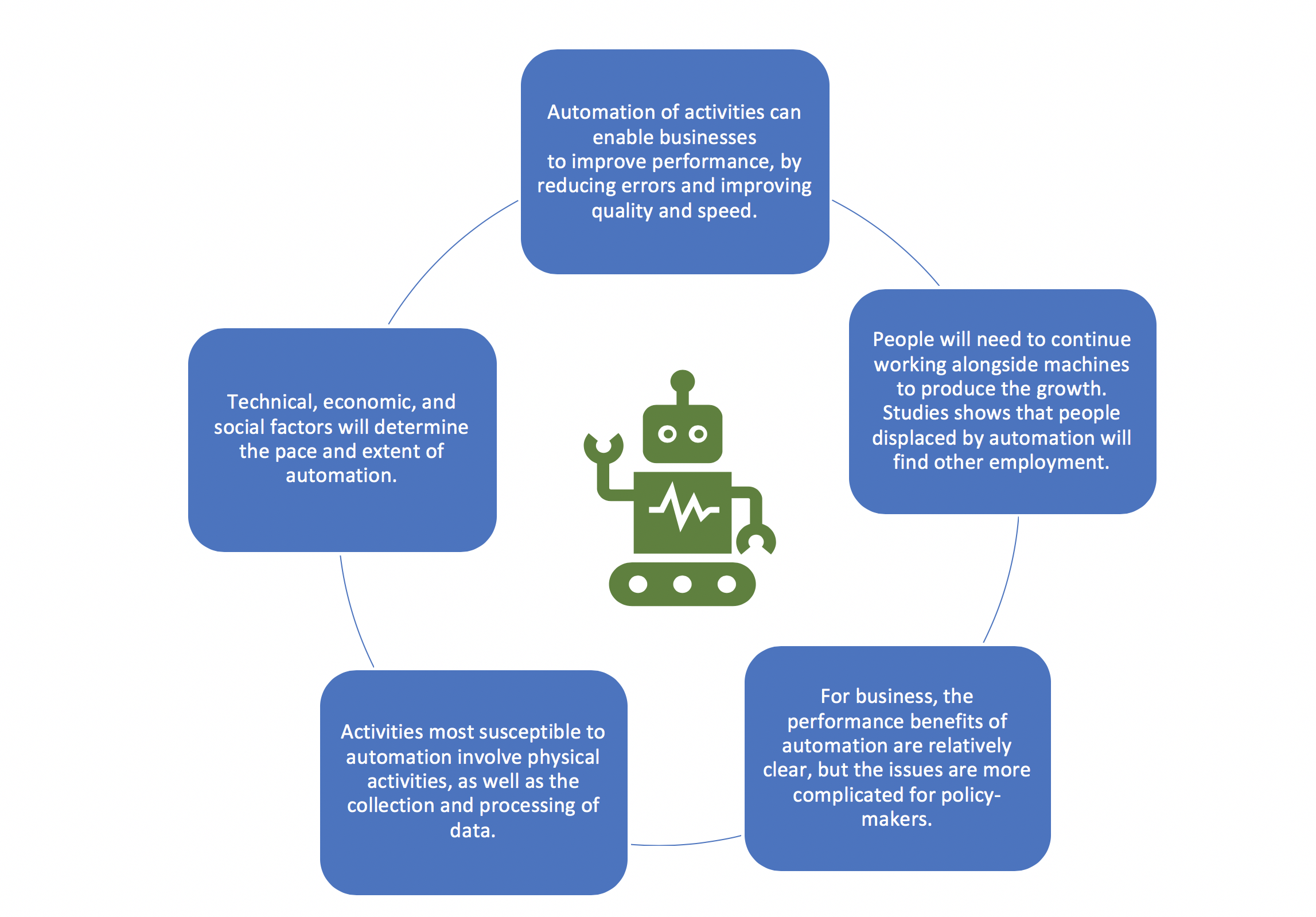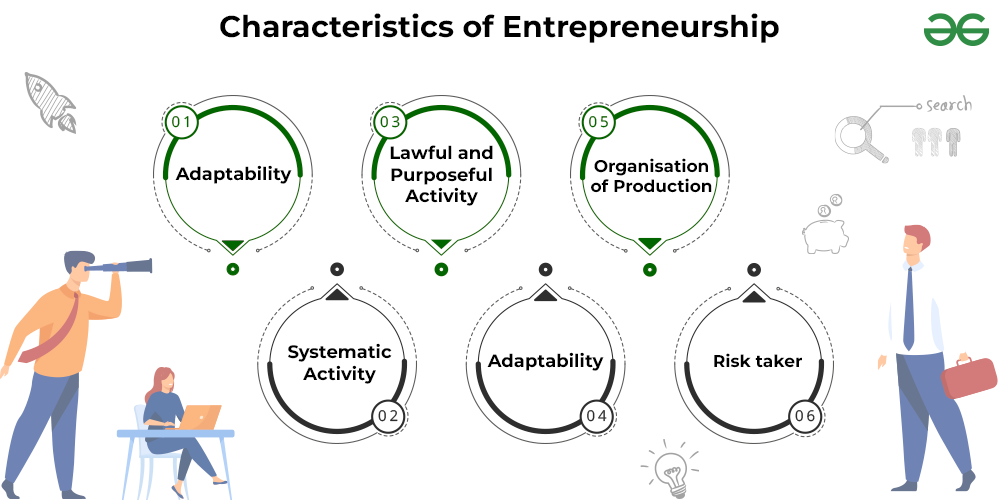In today’s rapidly evolving workplace, [employee caregiving policies] are becoming increasingly vital as millions of workers balance demanding jobs with caregiving responsibilities. This delicate juggling act often leads to challenges in maintaining a healthy work-life balance, underscoring the need for flexible work schedules tailored to support employees’ needs. Studies reveal that when businesses neglect to adapt their policies, they not only hurt their staff but also undermine productivity and employee retention strategies. By recognizing and supporting workers who struggle to manage caregiving at work, companies can enhance engagement and loyalty among a diverse workforce. Implementing thoughtful policies can lead to improved retention rates and a more motivated team, ultimately benefiting the bottom line and fostering a more inclusive work environment.
The conversation around caregiver support in the workplace is evolving, as many businesses begin to address the term “caregiving responsibilities at work.” These responsibilities can manifest in various forms, ranging from caring for children to supporting aging parents, impacting a significant portion of employees across industries. As organizations emphasize the importance of work-life integration and explore adaptive work schedules, they can create environments that accommodate the diverse needs of caregivers. By implementing comprehensive employee support initiatives, companies not only improve employee morale but also strengthen their talent retention efforts. A focus on caregiving can transform organizational culture, where flexibility and understanding become key components of sustainable workforce management.
Understanding Employee Caregiving Policies
Employee caregiving policies are crucial for supporting workers with caregiving responsibilities, which include tasks like caring for children, elderly relatives, or even spouses with chronic conditions. As millions of employees face the challenge of balancing work and personal obligations, organizations must prioritize these policies to create inclusive workplaces. By offering flexible work schedules and understanding the dynamics of caregiving, businesses can ensure that their workforce remains engaged and productive.
A strong employee caregiving policy not only fosters a positive work environment, but it also directly impacts employee retention strategies. Employers who are empathetic to their employees’ needs are likely to see lower turnover rates. As caregiving obligations are often invisible challenges that workers face daily, it is essential for organizations to develop specific plans that accommodate these pressures. By acknowledging and addressing the unique circumstances of caregivers, companies stand to benefit significantly from improved morale and increased loyalty.
The Impact of Caregiving Responsibilities on Work-Life Balance
The intersection of caregiving responsibilities and work-life balance is increasingly relevant in the modern workplace, especially as more employees find themselves navigating challenging personal obligations. Research indicates that over 50% of workers have some level of caregiving responsibility, which poses significant challenges to maintaining professional commitments. For instance, when employees must miss work to care for a sick child or attend to urgent family matters, it can disrupt not only their productivity but also team dynamics.
To facilitate a better work-life balance, employers can offer flexible work schedules and remote working options, allowing employees to manage their caregiving responsibilities without sacrificing their professional roles. This flexibility not only helps in retaining skilled employees, but it also promotes overall job satisfaction, creating a win-win scenario for both the organization and its staff. By supporting the delicate balance of work and personal life, employers can cultivate a healthier and more productive workforce.
Flexible Work Schedules: A Solution for Caregivers
Flexible work schedules represent a vital solution for employees who juggle caregiving responsibilities. Many workers find traditional 9-to-5 structures challenging when unexpected needs arise, such as when a caregiver has to attend a school meeting or manage a healthcare crisis. By implementing flexible scheduling, employers create an environment where employees feel supported and valued, which can lead to enhanced loyalty and commitment.
Moreover, flexible work arrangements can also benefit organizations by reducing absenteeism and increasing productivity. When employees aren’t stressed about managing their caregiving duties alongside strict work schedules, they are more focused and engaged during working hours. Clear communication around flexible policies helps establish trust, encouraging employees to take responsibility for their tasks and deadlines while managing their caregiving roles effectively.
The Economics of Caregiving in the Workplace
Understanding the economics of caregiving can help organizations realize the hidden costs associated with high turnover rates and unfilled positions. When employees leave their jobs due to caregiving conflicts, companies incur substantial costs, often ranging from 25% to 35% of the employee’s annual compensation in recruitment and training. Recognizing this can incentivize organizations to develop more supportive employee caregiving policies that ultimately enhance their bottom line.
Furthermore, addressing the caregiving needs of employees can lead to significant savings as companies reduce recruitment costs and enhance retention rates. By investing in programs that assist employees in managing their caregiving responsibilities, such as backup care services or flexible schedules, organizations position themselves to reap both financial benefits and a more stable, experienced workforce.
The Hidden Worker Phenomenon and Employee Retention
The term ‘hidden workers’ describes those who wish to participate in the workforce but are prevented from doing so due to their caregiving commitments. This group of individuals includes skilled professionals who, due to rigid workplace policies, find themselves marginalized. Employers who fail to recognize the needs of these workers are missing out on a vast talent pool that could contribute substantially to their organizations.
To combat this phenomenon, it is crucial for companies to adapt their hiring policies and create pathways for hidden workers to secure employment. By implementing employee caregiving policies that promote inclusivity, organizations can attract and retain a diverse workforce. This not only supports those managing caregiving roles but also enriches the workplace with varied skills and perspectives.
Addressing the Disconnect Between HR and Caregiver Needs
A significant disconnect exists between the human resources function and the lived experiences of caregiving employees. Many organizations are not tuned into the unique challenges faced by their workforce, leading to misunderstandings regarding absenteeism and turnover rates. This lack of awareness can hinder the development of effective employee caregiving policies and strategies, contributing to a cycle of frustration for both employees and employers.
To bridge this gap, companies should prioritize regular feedback from their employees. Understanding the nuances of caregiving challenges can help HR build more effective strategies. Conducting surveys, exit interviews, and focus groups can yield valuable insights into what caregivers need, allowing organizations to craft better policies that align with employee expectations and improve overall workplace culture.
Best Practices for Inclusive Hiring and Talent Management
To successfully incorporate the needs of caregivers in the hiring process, organizations must reassess how they manage talent acquisition. Simplifying application processes by removing unnecessary hurdles, such as rigid continuity of employment filters, can help attract hidden workers. Employers should also offer support during the onboarding process, helping new hires navigate their roles while managing their caregiving obligations.
Implementing training programs for HR teams that focus on understanding the unique circumstances of caregivers can enhance company culture. By fostering a more informed and compassionate workplace, organizations can ensure they not only attract talented individuals who have caregiving responsibilities but also retain them by offering a supportive work environment.
The Role of Leadership in Supporting Caregivers
Effective leadership plays a pivotal role in shaping policies that support employees with caregiving responsibilities. Leaders should advocate for structures that prioritize work-life balance, allowing employees to feel comfortable communicating their needs. A culture that encourages open dialogue about caregiving issues can significantly increase employee loyalty and engagement, mitigating turnover.
Moreover, when leaders actively participate in initiatives designed to support caregivers, they send a powerful message about the importance of these issues. Through mentorship programs and diversity training, organizations can foster a sense of community among employees who share caregiving responsibilities, ultimately strengthening the organization’s foundation and enhancing overall performance.
The Future of Work and Caregiving
As workplaces continue to evolve, understanding and addressing caregiving responsibilities will become increasingly important. With over 50% of workers facing caregiving obligations at some point in their careers, organizations must recognize that these challenges will not disappear. The future of work lies in flexibility, empathy, and understanding toward employees’ personal lives, which includes their roles as caregivers.
Companies that take proactive steps to support caregivers today will not only enhance their employee retention strategies but also build a reputation as caring employers. By redefining workplace expectations and adapting to the needs of their workforce, organizations can meet the demands of the future while fostering an environment where all employees can thrive.
Frequently Asked Questions
What are employee caregiving policies and why are they important?
Employee caregiving policies are guidelines and frameworks that organizations implement to support employees who are balancing work with caregiving responsibilities. These policies are crucial as they promote work-life balance, help retain talent, and enhance productivity by addressing the specific needs of caregivers.
How can flexible work schedules benefit employees with caregiving responsibilities?
Flexible work schedules allow employees with caregiving responsibilities to adjust their work hours to accommodate their personal obligations. This flexibility can significantly improve work-life balance, reduce stress, and decrease absenteeism, fostering a more engaged and productive workforce.
What role do employee retention strategies play in supporting caregivers at work?
Employee retention strategies that consider caregiving responsibilities can help organizations maintain a stable workforce. By implementing supportive policies, such as flexible schedules or remote work options, companies can reduce turnover rates and retain valuable employees who might otherwise leave due to caregiving conflicts.
How do caregiving responsibilities impact employee productivity?
Employees managing caregiving responsibilities often experience challenges like absenteeism or presenteeism, where they are physically present but mentally distracted. This can lead to decreased productivity and overall job performance, highlighting the need for effective employee caregiving policies.
What are some ways organizations can improve work-life balance for caregiver employees?
Organizations can improve work-life balance by offering flexible work arrangements, providing access to caregiver resources, encouraging open communication about caregiving needs, and implementing policies that support employees during times of caregiving obligations.
Why is managing caregiving at work essential for employee morale?
Managing caregiving at work is essential for employee morale as it acknowledges the personal challenges employees face. By fostering an environment that supports caregivers, employers can enhance job satisfaction, commitment, and engagement, leading to a more positive workplace culture.
What common challenges do employees face when balancing work and caregiving?
Employees commonly face challenges like inflexible work hours, lack of support from management, and difficulties in accessing necessary resources like childcare. These challenges can lead to increased stress, lower morale, and higher turnover rates among caregivers.
How can exit interviews help improve employee caregiving policies?
Exit interviews can provide valuable insights into why employees leave, especially those juggling caregiving responsibilities. By analyzing feedback related to caregiving challenges, organizations can better understand areas for improvement in their employee caregiving policies and make necessary changes.
What benefits do comprehensive employee caregiving policies offer companies?
Comprehensive employee caregiving policies can lead to improved employee retention, enhanced productivity, reduced turnover costs, and a stronger organizational reputation. Supporting caregivers can create a loyal workforce, driving long-term business success.
How can employers better understand the caregiving demographics of their workforce?
Employers can better understand the caregiving demographics of their workforce by collecting data through surveys, performance reviews, and regular check-ins with employees. This understanding can help tailor policies to meet the specific needs of caregivers, fostering a supportive workplace.
| Key Points |
|---|
| Employee caregiving policies are essential as millions of workers juggle both professional responsibilities and caregiving duties. |
| Rigid employer policies like inflexible schedules harm both employee well-being and overall company productivity. |
| Over 50% of workers have caregiving obligations, highlighting the need for supportive workplace practices. |
| Caregiving is a major reason employees leave the workforce, with significant costs to companies associated with turnover. |
| Employers should rethink hiring processes and support systems to accommodate caregivers. |
Summary
Employee caregiving policies are crucial in the modern workplace, as they address the challenges faced by millions of workers managing caregiving responsibilities alongside their careers. As highlighted in recent research, companies must adapt to the needs of caregivers to improve employee retention and overall productivity. By recognizing the economic and emotional impacts of caregiving, employers can create more flexible and supportive work environments that benefit both employees and the organization.









